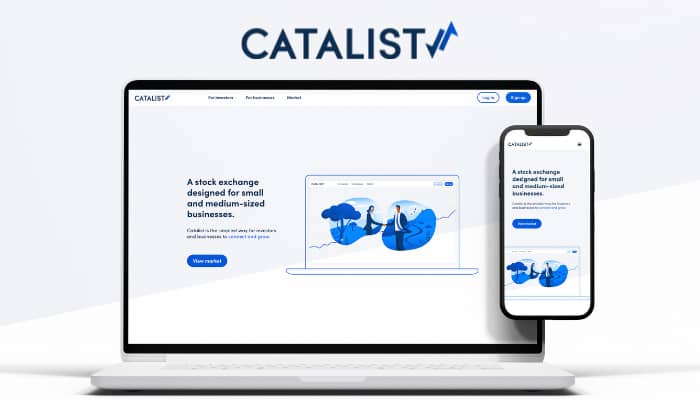Singapore – NTUC U SME, the NTUC unit that seeks to support SMEs in their business needs, has recently launched a new initiative called ‘NTUC In Your Workplace’, to help bring additional personalized benefits worth up to S$2,300 per worker into the SMEs’ workplaces.
‘NTUC In Your Workplace’ is NTUC U SME’s first foray into equipping and supporting local SME businesses and workforce by tapping on the products and services of the NTUC Social Enterprises (SEs) and partners. Eligible partner SMEs will be able to provide attractive savings and benefits to ensure that their workers’ daily needs and livelihood are covered. This is in line with NTUC U SME’s key focus to support the SMEs and enhance the lives of their workers.
The new initiative will be made available to eligible NTUC U SME partners to help them innovate the way they manage their workforce’s health and well-being. As the first SME recipient of the initiative, 60 workers will enjoy up to S$140,000 worth of total savings and benefits per year, which is inclusive of total NTUC Membership savings. This ranges from daily grocery savings to personal training, family care support, and support from the NTUC Membership savings, as well as the company’s regular staff benefits.
To participate in the initiative, the partner SME will have to achieve at least 80% NTUC membership coverage of its workforce and attain NTUC U SME’s 3B criteria – Better Workplace, Better Worker, and Better Job (Annex A). Currently, 10% of 400 partners SMEs have been assessed to be eligible for this initiative and NTUC U SME will be working with more SMEs to help them achieve the 3B criteria to ultimately bring better welfare, savings, and benefits to SME workers.
By achieving the 3Bs, eligible SMEs will be enjoying savings such as a sponsored refrigerator with pantry snacks from NTUC FairPrice, a free online learning LHUBGO account with more than 75,000 online courses, and complimentary trials at NTUC Health Senior Care Centers for staff, who require assistance for respite care. This is on top of the benefits that workers will be enjoying when they sign up for the NTUC Membership.
“As NTUC’s representative to support local SMEs and their workers, NTUC U SME has come a long way in its engagement of SMEs and introducing win-win initiatives that will give partner SMEs an added support to hiring and retaining workers; and help SME workers enjoy better work prospects. I am pleased to share that NTUC U SME has surpassed their 400 SME goal and is on track to reach 500 by the end of 2021,” said Chee Meng Ng, secretary-general of NTUC.
Meanwhile, Wan Ling Yeo, NTUC’s director for U SME, commented that they are delighted to bring ‘NTUC In Your Workplace’ to their partner SMEs as this initiative will serve as a big support for them and help create ‘happy’ and ‘resilient’ SME workers.
“As one of Singapore’s oldest manufacturers of local breakfast and snack delights, Lim Kee has worked with NTUC U SME to transform their staff welfare and business marketing needs to meet the demands of the market. With their positive feedback on this initiative, we look forward to helping more partner SMEs and their workers,” said Yeo.










